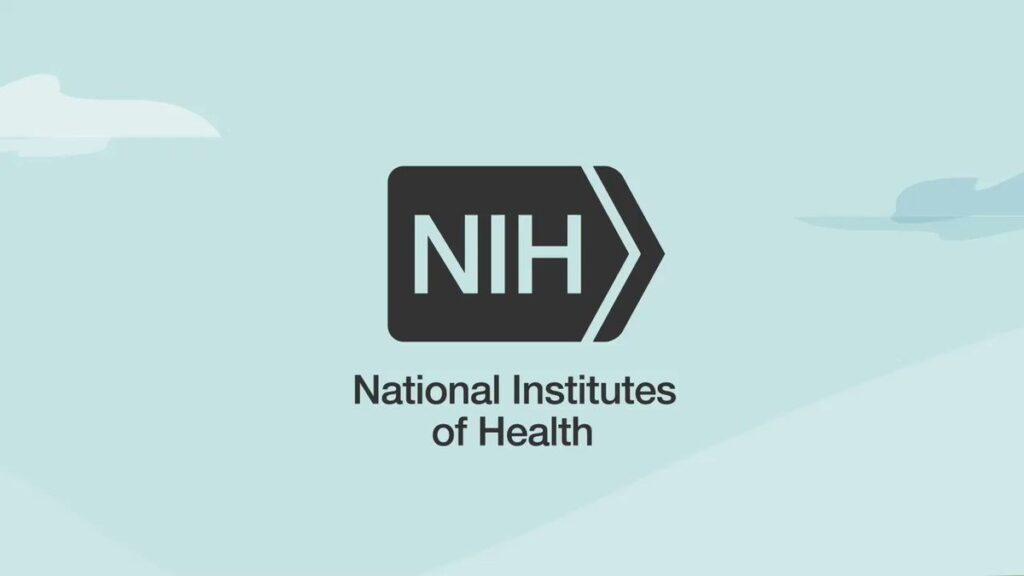The Special Diabetes Program’s Role in Advancing Type 1 Diabetes Research
In a significant stride toward transforming the landscape of Type 1 Diabetes (T1D), the Special Diabetes Program emerges as a cornerstone in fostering hope for individuals grappling with this chronic condition. As it celebrates its 25th anniversary, this program stands as a testament to the advancements in understanding, prevention, and management of T1D. This article delves into the profound impact of the Special Diabetes Program, spotlighting its contributions to pioneering research, cutting-edge technologies, and enhanced quality of life for those living with T1D.
A Confluence of Insights: Navigating T1D
Type 1 Diabetes, often manifesting during childhood or adolescence, is marked by the immune system’s assault on the insulin-producing cells within the pancreas. The journey to control blood glucose levels becomes relentless, demanding vigilant monitoring, and precise insulin administration. The multifaceted challenges T1D presents warrant innovative solutions that address its various dimensions. Please fill out this form to determine whether or not you or a friend are eligible for a CGM.
Investment in Innovation: The Special Diabetes Program
The National Institutes of Health (NIH), with an annual investment exceeding $1 billion in diabetes research, has steered pioneering studies under the aegis of the Special Diabetes Program. This program’s unique financial support transcends customary appropriations, ushering in groundbreaking research, and catalyzing clinical trials. The collaborative synergy with research partners, including academic institutions, the FDA, CDC, and patient advocacy groups, underscores its comprehensive impact.
A Transformative Landscape: Progress Unveiled
The trajectory of T1D research has been significantly altered by the Special Diabetes Program’s influence. Notably, advancements in artificial pancreas technologies exemplify this transformation. From having no devices available a few years ago, there are now six FDA-approved artificial pancreas systems. These innovations empower even young children to manage blood glucose levels effectively. Furthermore, an FDA-sanctioned medication to delay clinical diagnosis of T1D stands as a testament to the program’s role in driving scientific breakthroughs.
Delaying Onset: A Milestone Achievement
The program’s pivotal role is evident in the recent FDA approval of teplizumab, a groundbreaking preventive treatment. This immune-modulating drug, developed through a clinical trial supported by the NIDDK and Special Diabetes Program, has demonstrated a delayed onset of T1D by over 32 months. This milestone not only offers hope but also heralds a new era in the management of T1D.
Pioneering Precision: Understanding T1D
A deeper comprehension of T1D’s underpinnings is vital for personalized treatments. Genetic factors, encompassing over 90% of European ancestry-based risks, are elucidated through research. This knowledge, coupled with the influence of environmental factors, guides the search for effective prevention strategies.
Must Read About: Diabetic Neuropathy
Beyond the Surface: Environmental Insights
The TEDDY study, bolstered by the Special Diabetes Program, is unraveling the intricate interplay between genetics and environment in T1D. Screening over 425,000 newborns, this study seeks to uncover environmental triggers contributing to T1D risk. By examining genes, proteins, microbiomes, and more, TEDDY pioneers a holistic understanding of T1D’s origins.
Empowering Lives: Enhanced Glucose Management
Managing blood glucose levels is pivotal for T1D management. The Special Diabetes Program’s support has propelled the development of advanced glucose management technologies, including artificial pancreas systems. The hybrid Control-IQ system, for instance, offers real-time management for individuals as young as six. This cutting-edge technology extends its benefits across diverse demographics, ensuring improved quality of life.
Towards Restoration: Restoring Beta Cell Function
Unlocking a biological cure for T1D remains a long-term pursuit, with a focus on beta cell function. Islet transplantation strategies, explored through the Clinical Islet Transplantation Consortium, offer new avenues. Additionally, research into the development of bioartificial cell replacement technologies showcases the Special Diabetes Program’s commitment to restoring insulin production.
Mitigating Complications: A Holistic Approach
The program’s impact transcends prevention and treatment, encompassing T1D complications. By examining cardiovascular risks unique to T1D, the Cardiovascular Biorepository for Type 1 Diabetes has unveiled insights that could redefine care strategies. Similarly, the focus on diabetic eye disease has led to groundbreaking treatment approaches.
Read Guide about Wegovy Dosage Guide: The Best Way For Weight Loss
Empowering the Future: Unveiling Tomorrow
The path forward is paved with collaboration, innovation, and inclusivity. Emerging technologies like big data analysis, machine learning, and omics technologies hold promise in transforming T1D research. Sustained support for Special Diabetes Program initiatives, paired with training and career development, nurtures the next generation of researchers.
A Vision for Tomorrow: Conclusion
The Special Diabetes Program’s legacy is one of transformation. It has propelled T1D research into uncharted territories, fostering advancements that redefine care paradigms. As the program garners extensions, its impact on prevention, management, and improved quality of life remains profound. With each stride, the future becomes brighter, inching closer to a world where the burden of T1D is alleviated, and its complications minimized.


